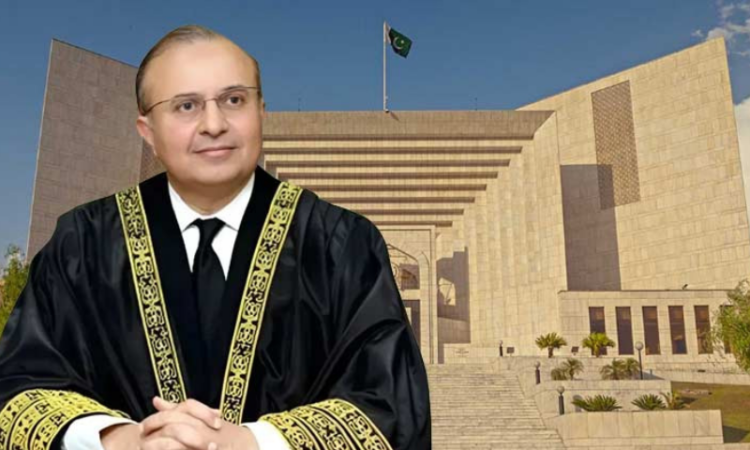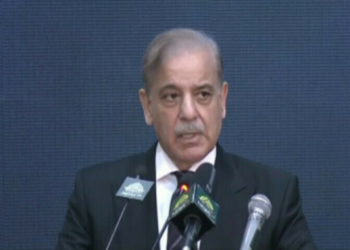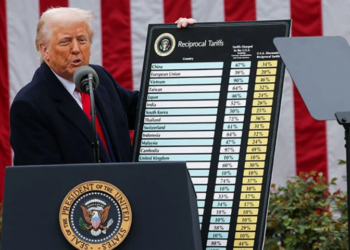Islamabad, January 22, 2025: Justice Mansoor Ali Shah, senior puisne judge of the Supreme Court, has clarified that the 26th Constitutional Amendment has no relevance to the case concerning the assignment of cases to a regular bench.
Justice Shah’s remarks came during a contempt of court hearing on Wednesday, involving the non-scheduling of a case related to bench jurisdiction. The two-member bench, headed by Justice Shah and including Justice Aqeel Ahmed Abbasi, heard the matter.
The controversy began with the improper assignment of cases by Additional Registrar (Judicial) Nazar Abbas, who was subsequently removed from his position. The cases in question, including a challenge to the constitutionality of Section 11A(2) of the Customs Act 1969, were mistakenly scheduled before a regular three-judge bench instead of the Supreme Court’s constitutional bench.
The cases were heard on January 13, 2025, but the bench’s jurisdiction was contested. Consequently, the hearings were adjourned to January 16. Acknowledging the significant procedural lapse, the Judicial Branch referred the matter to the regular committee under the Supreme Court (Practice and Procedure) Act 2023.
On January 17, a committee chaired by Chief Justice of Pakistan Yahya Afridi convened and determined that, under Article 191A of the Constitution, such matters fall exclusively under the jurisdiction of the constitutional bench. The committee subsequently withdrew the cases from the regular bench and directed their reassignment to the constitutional bench.
The matter also prompted a letter from Justices Mansoor Ali Shah, Ayesha A. Malik, and Aqeel Ahmed Abbasi to CJP Yahya Afridi and the head of the constitutional bench, Justice Amin-ud-Din Khan, raising concerns about bench formation procedures.
During the proceedings, Attorney General for Pakistan (AGP) Mansoor Usman Awan argued that the court’s jurisdiction in contempt cases is limited and that written statements from individuals issued show-cause notices are essential.
He noted that the 26th Amendment has shifted the authority to form benches to a constitutional committee. Justice Shah countered, stating that the issue relates to Section 2 of the Practice and Procedure Act and raised the question of whether a bench can determine its own jurisdiction.
Responding to concerns over the appointment of amicus curiae who had previously challenged the 26th Amendment, Justice Shah suggested selecting other amicus curiae from the same group, with Justice Aqeel agreeing with the AGP’s reservations.
The AGP further asserted that the contempt case should be limited to the alleged contemnor and clarified his dual role as prosecutor and legal adviser under Section 27A of the Act. He also stressed that the registrar’s stance cannot serve as a defence for Nazar Abbas until the latter provides a written response.
Justice Shah questioned whether the committee could reassign cases already being heard by a regular bench. He noted that the case neither pertains to the 26th Amendment nor the powers of the practice and procedure committee, adding:
“If someone feels intimidated, that’s their own matter. Our intention was never such. We only wanted to understand why the case was returned.”
Addressing Nazar Abbas, Justice Shah remarked, “It seems something has happened to you as well, Nazar sahib.”
The court directed Additional Registrar Nazar Abbas to submit his written response and asked the AGP to propose names for amicus curiae. The AGP declined, saying, “I’m not suggesting any name. The main case under the Customs Act is not before you yet.”
The court appointed Khawaja Haris and Ahsan Bhoon as amicus curiae, instructed the additional registrar to provide his written response, and adjourned the hearing to Thursday.








